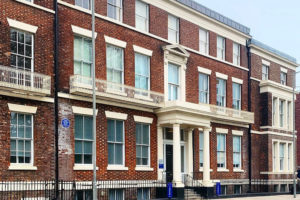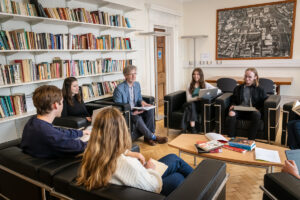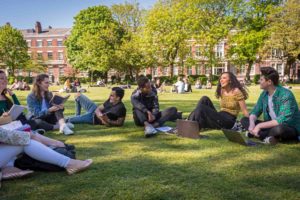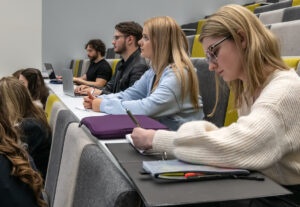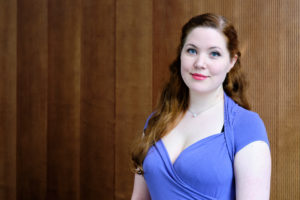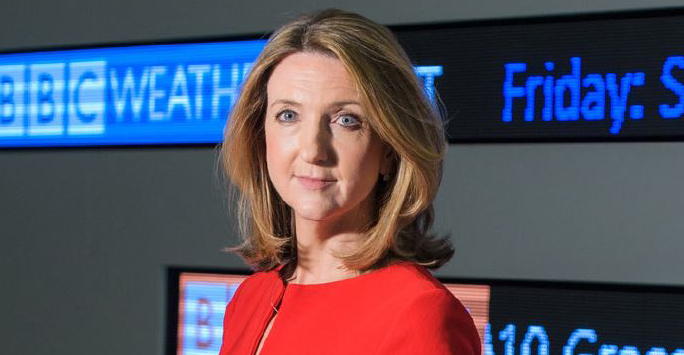How you'll learn
You will experience a mix of workshops, seminars and tutorials. Alongside independent study and research, some modules require timetabled student group work. We provide an online programme of study skills to help with the necessary standards of referencing and presentation in written work.
Tutorials last for one hour, and allow for discussion of key readings, concepts and ideas, typically in groups of up to nine students. Seminar groups last for two hours, in groups of up to fourteen. Workshops are delivered to the whole module cohort, and have a more distinct practical element. In addition, in your second and final years, you will participate in a range of other formative activities such as seminar presentations.
How you're assessed
In the first and second years, the main modes of assessment are a combination of essay and online examination. In the third year you will encounter assessments designed to prepare you for the world of work, such as reports, evaluations, presentations, and projects. There are no examinations in the third year.
Liverpool Hallmarks
We have a distinctive approach to education, the Liverpool Curriculum Framework, which focuses on research-connected teaching, active learning, and authentic assessment to ensure our students graduate as digitally fluent and confident global citizens.
The Liverpool Curriculum framework sets out our distinctive approach to education. Our teaching staff support our students to develop academic knowledge, skills, and understanding alongside our graduate attributes:
- Digital fluency
- Confidence
- Global citizenship
Our curriculum is characterised by the three Liverpool Hallmarks:
- Research-connected teaching
- Active learning
- Authentic assessment
All this is underpinned by our core value of inclusivity and commitment to providing a curriculum that is accessible to all students.

